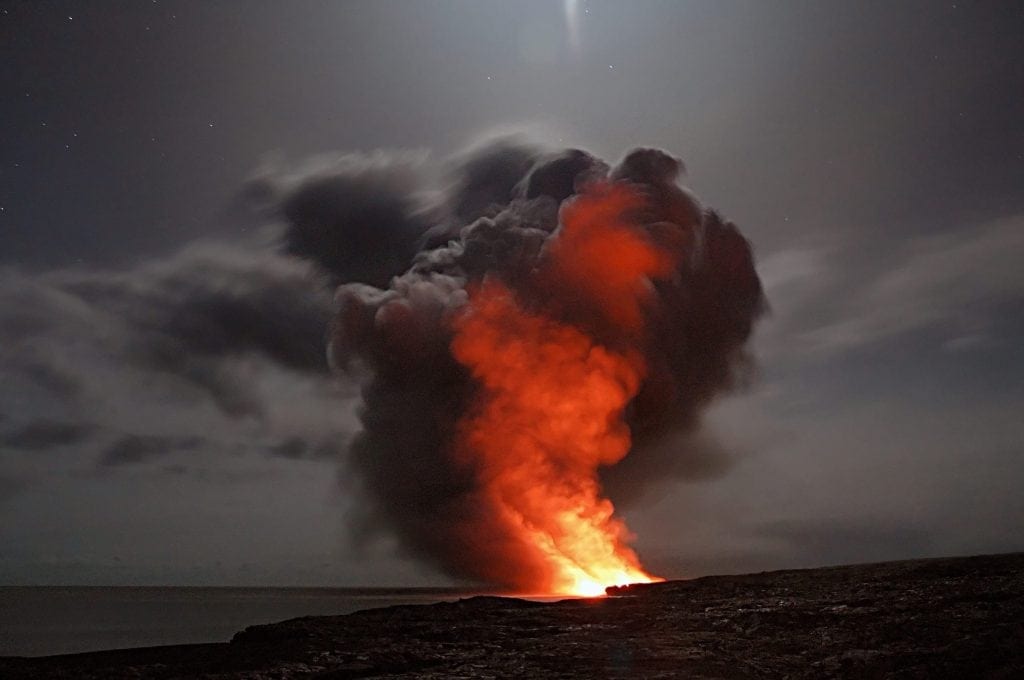Writing in a Fire
The world is full of distraction and just lately that distraction has crept into a realm of intensity new to me. So how do you write when the world is on fire?
Sometimes you don’t. Full stop.
Some authors are energized by the need to voice their opinions or throw their talents behind their cause, their beliefs, the version of the world they wish to live in.
I applaud them. I’ve joined them on many occasions but not always.
For me, articulation is key. Writing helps me do that, to analyze paradigms or particulars and give them linear meaning, a path to follow; usually I have a destination in mind.
I’m a pragmatist though, and as much as I respect words they can be slow to change the world. At times that’s all I want to do—today, immediately, so I turn to other pursuits that in that moment seem more viable, concrete.
Invariably I return—because words have a specific strength. They overcome ailments that community or preparation can’t. Like smoke they get into locked places, find you in your fugue to wake you . . . or make waking impossible.
That is no small thing.
Poetry knows it. Oratory is built on it. Songwriting revels in it.
Often, I write speculative fiction. It’s a field of great depth and breadth, but it has inherent challenges in times like these. A portion of readers devouring more-escapist stories won’t come back. Wish them well. Struggle is not their strength.
For the others, the speculative can reach a level of abstraction that saps its power. In crucial situations we need to talk about the thing, not the metaphor for the thing or the theory behind the thing. I’ve heard before that being so straightforward can hobble one’s work. Certain readers will find it hard to digest. OK. But not everything should go down easy.
There’s a time for flights of fancy, immersive universes that delight the reader. They help her/him/them recharge and regain a sense of wonder. Necessary work. There’s also a time to tell it like it is.
This gets tricky in a field based in non-realism. Challenge accepted.
I find hope in getting through, not over. So when it’s time, I take readers that way too, through the trials and tribulations, the rough journey that builds strength if only because one has to hold on. Call it the hero’s journey, the heroine’s epic.
So to get back to my original question:
Sometimes you put the fire out and go sit your ass down in the grass. At others you keep your seat and finish, hair singeing, skin blistering as you write a message telling where the survivors have gone, how to rebuild or where the fire will next ignite.
I choose not to think they’d be your last words, just the first in a rebirth—an incantation that brings that renaissance, an instruction if that better suits you, or just a naming of whoever, whatever in this world brought you to being.
Tenea D. Johnson



